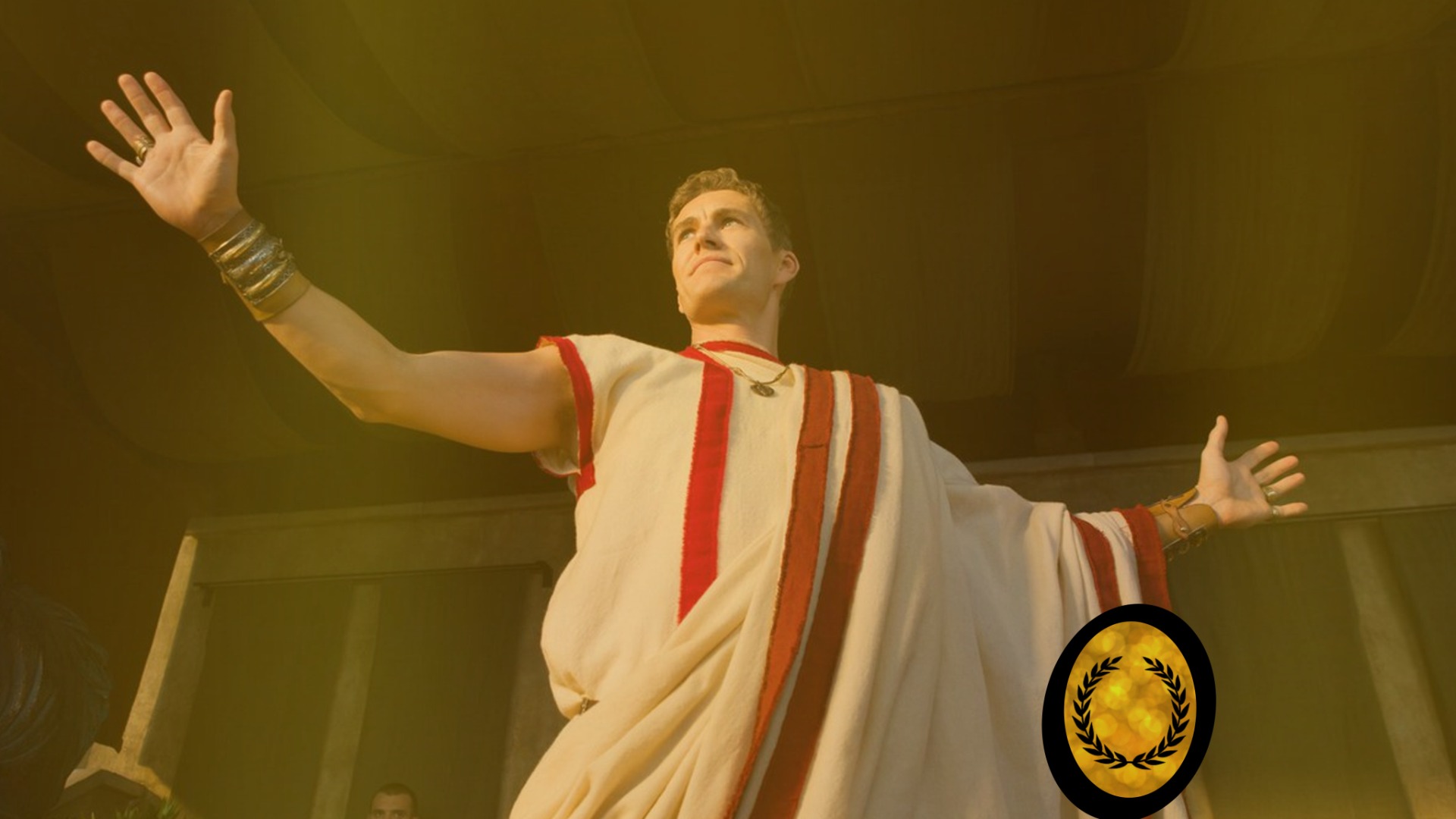Pompey fate was sealed by the advisers of the young king Ptolemy XIII. While Pompey waited to disembark, they argued that the cost of offering him refuge with Caesar already on the way to Egypt behind him would be too high, an argument led by eunuch Potino. In the final passages of his biography, Plutarch reports Cornelia watching anxiously from the trireme while Pompey paddled with a taciturn and silent group of allies in a boat heading for what appeared to be a group prepared to welcome him on the coast of Pelúsio. As Pompey rose to disembark, he was stabbed to death by traitors, led by Aquila, Sétimo and Sálvio.
Plutarch recounts that Pompey faced his destiny with great dignity on his birthday. His body remained on the coast and would be cremated by his loyal freed Philip using the rotten wooden planks of an old fishing vessel. His head and seal were given to Caesar, who, according to Plutarch, lamented this insult to the greatness of his former ally and son-in-law and punished his assassins and his Egyptian co-conspirators, having Aquila and Fotino executed. Pompey's ashes were finally delivered to Cornelia, who took them back to the family's estate near Alba.
Dião Cássio describes César's reaction with skepticism and considers that Pompey's own political mistakes and not this betrayal led to his downfall. In Apiano's account of the Civil War, Caesar ordered Pompey's severed head to be buried in Alexandria on a site reserved for a new temple dedicated to the Roman goddess Nemesis, among whose functions was the punishment of Huberis. For Plínio, Pompeu's humiliating ending was anticipated by the immense pride of his enormous bust, decorated entirely with pearls and carried in procession in his greatest triumph (the third). Suetonius, however, claimed that Caesar even restored the statues of Sula and Pompey to their original locations that had been overthrown by the common people.











